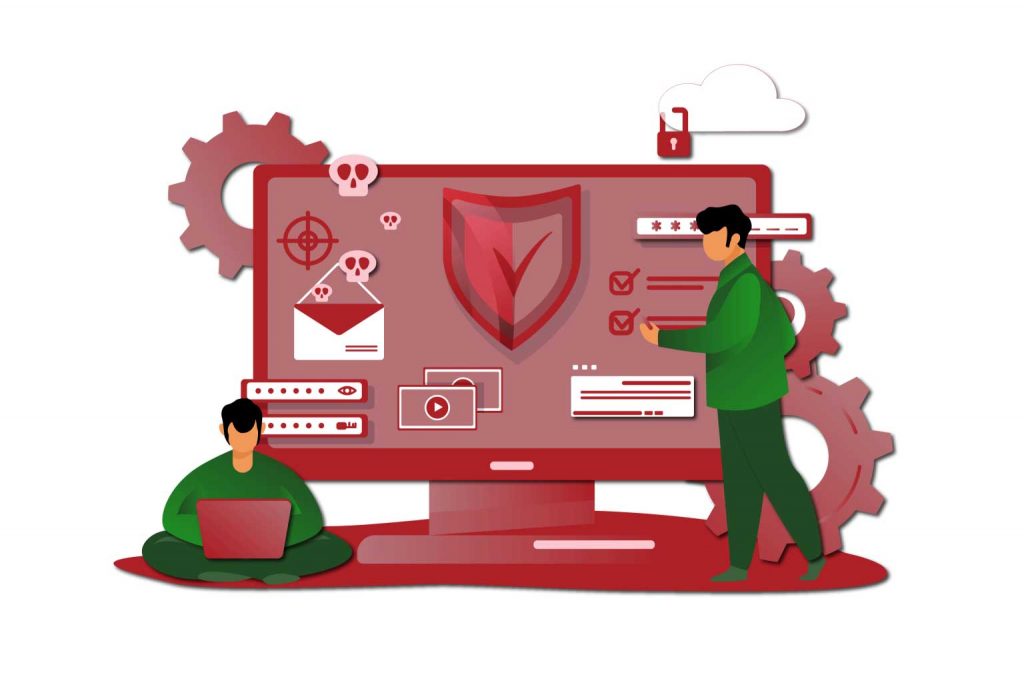08182881234
Digital Forensics is defined as the process of preservation, identification, extraction, and documentation of computer evidence which can be used by the court of law. It is a science of finding evidence from digital media like a computer, mobile phone, server, or network.
It provides the forensic team with the best techniques and tools to solve complicated digital-related cases. Digital Forensics helps the forensic team to analyzes, inspect, identifies, and preserve the digital evidence residing on various types of electronic devices.

Digital forensics help to ensure the overall integrity and survivability of your network infrastructure. Organisations may need digital forensics in following type of cases:
Computer Forensics
Computer forensics is a branch of forensic science which deals with the application of investigative analysis techniques on computers in order to retrieve and preserve evidence in a way that is legally admissible.
Network Forensics
It is a sub-branch of digital forensics. It is related to monitoring and analysis of computer network traffic to collect important information and legal evidence.
Database Forensics
It is a branch of digital forensics relating to the study and examination of databases and their related metadata.
Mobile Forensics
It mainly deals with the examination and analysis of mobile devices. It helps to retrieve phone and SIM contacts, call logs, incoming, and outgoing SMS/MMS, Audio, videos, etc.

